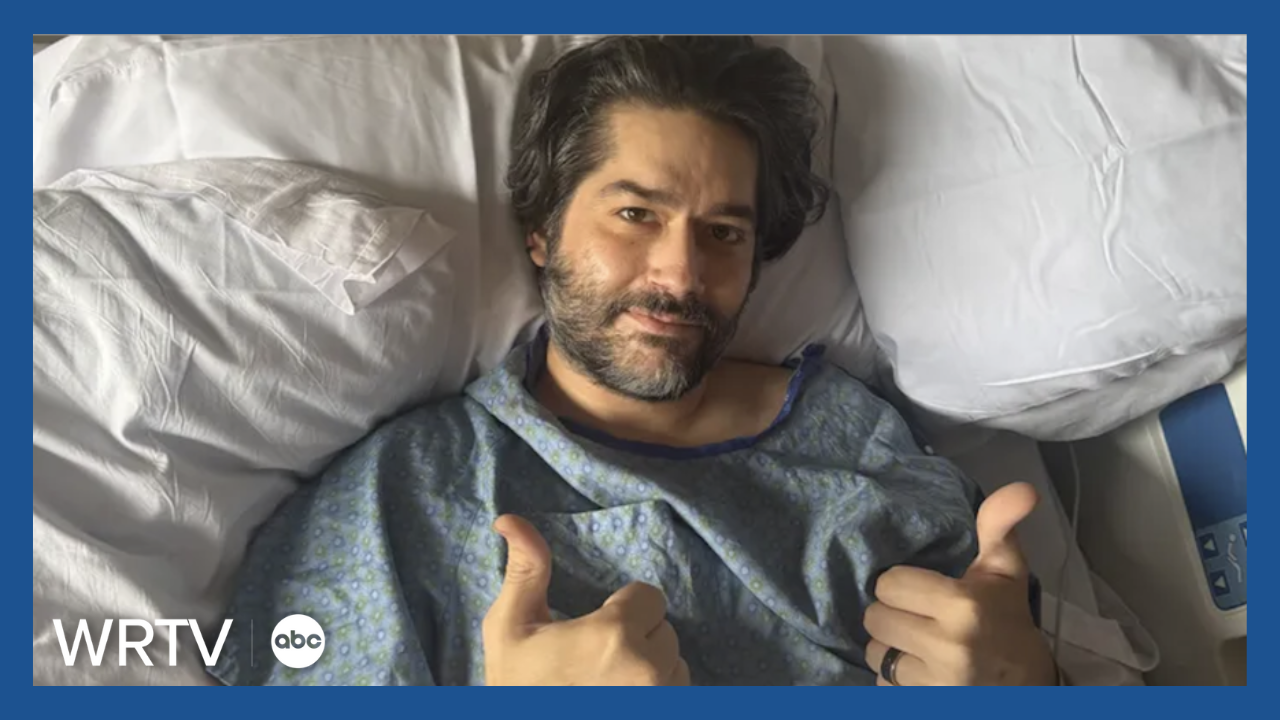INDIANAPOLIS — Bearing the burden of medical debt impacts many Hoosier families.
In our state, there’s an estimated $2.2 billion of medical debt in collections.
"The number is astronomical for what we owe," Zaven Bush said.
Bush lives in Fountain Square with his wife and four dogs.
The 36-year-old described himself as “healthy as a horse” until a medical diagnosis two years ago flipped his world upside down.
Bush has ITP or Immune thrombocytopenia, a blood disorder that leads to low platelet levels.

“If my platelets are low, it can be severe fatigue, nose bleeds that won’t stop, my gums will bleed, I’ll get a rash all over my body," he said.
Since his diagnosis, Bush has had nine different hospital stays totaling 90 days.
Even with insurance, he says he owes about $110,000.
"I find it ironic that I’ve spent $500 or $600 a month in insurance and never really needed it besides an occasional prescription. Then times when I needed the insurance to come in and help me out, it’s just not there," Bush said.
Bush is not alone.
18.2 percent of the state’s population or 1 in 5 Hoosiers are experiencing medical debt in collections, according to a report from the Consumer Finance Protection Bureau.

“People having high deductible insurance plans, sub-par insurance plans or they just don’t have insurance. Or they’re not familiar with financial assistance programs that exist within the hospital they go to," Lauren Murfree with the Indiana Community Action Poverty Institute said.
Murfree says it’s best to be in communication with the hospital about your financial situation.
She recommends:
- Ask for financial assistance
- Ask for an itemized bill
- Negotiate and ask for a discount on cost
“If you can work with them in advance. Hospitals usually do not have as high interest fees as a credit card, if any at all. The more you can work with those entities the better vs sticking that debt on a credit card that might have a high interest APR," Murfree said.
Right now, Bush is focusing on recovery.
He recently spent 49 days in the hospital, which included a splenectomy procedure.
But Bush says his story is one of resilience.
“We both lost our jobs while we were in the hospital. It was tough. Lots of tears, a lot of consoling from family. But it’s not the end of the world, we can get through it," he said.







